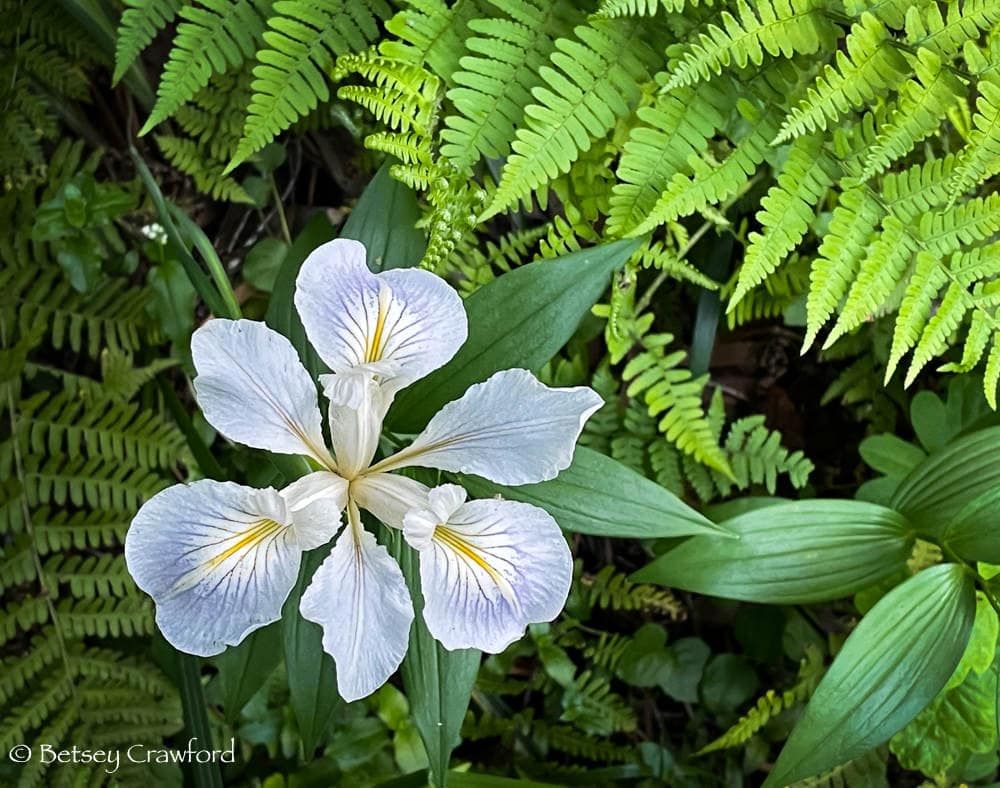
Inside, that’s where I store these moments, accumulated in a cabinet of noticings and happenings, brought out when I need them most, to illuminate. I must go into the world to find new things. They are always there. Always.
~ Dara McAnulty ~
Faced with devastating news from every direction, I have been reading an incandescent book. A diary by a teenage Northern Irishman named Dara McAnulty. I take it into the woods with me. As I listen, I find myself slowing down until I’m just wandering, every sense more alive to the world I’m walking through.
The vivid green triangles of new fern fronds, bright in the forest dimness. Tiny white bells under tender green leaves. Creamy iris unfurling, luminous in the twilight. The cool breeze of early coastal California spring on my skin. Sage’s voluptuous spiciness. Bees buzzing, filling the plants I pass with humming.
This isn’t new; I do things like this almost daily. And yet they are different — slower, softer, dreamier — when I do them with Dara’s voice in my ear. Time ceases to exist. I’m out as the rich, late afternoon sunlight fades into pearly dusk, amazed at how late it is when l get home.
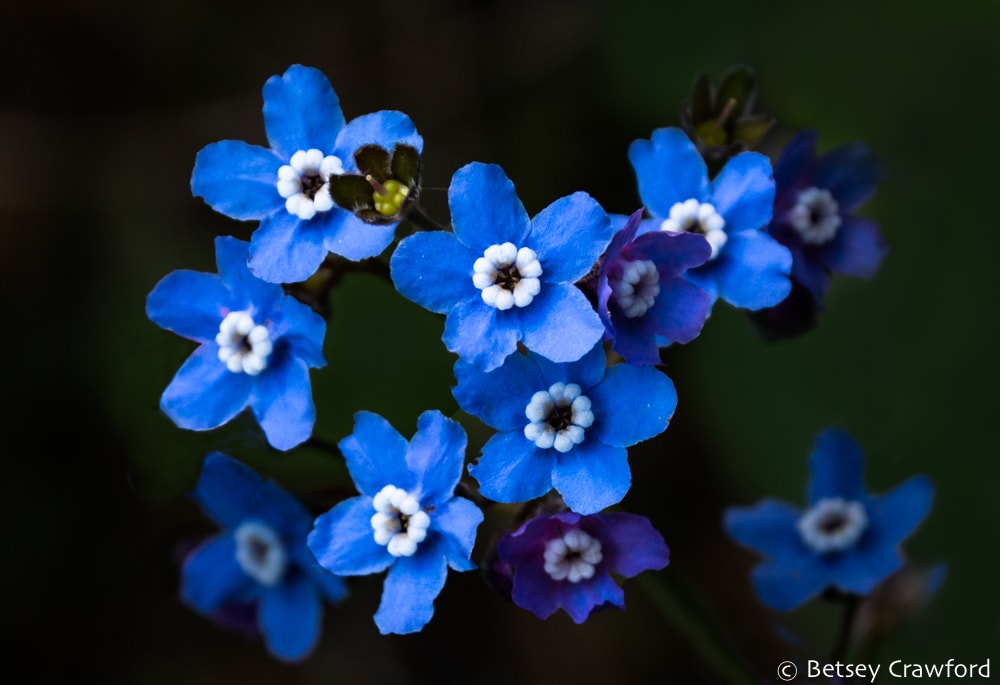
The book, Diary of a Young Naturalist, is his ecstatic journey through the four seasons of the year he was fourteen. He starts with his birthday month, March 2018, when “spring seems to be escaping the retreating shadows of winter.”
When I say ecstatic, I don’t mean a measure of happiness. Rather that Dara lives in the altered states of a being illuminated by love. In his case, by a passion for the natural world. It’s a saving passion because he is autistic in a world that struggles to offer him a place. A world with too much noise and bustle for him to process comfortably. A world startlingly cruel to those who are different.
He has a devoted family, “as close as otters.” His mother, brother, and sister are also autistic. At least at home, he is surrounded by the grace of understanding and support, especially from his extraordinary mother. Weekend trips to mountains, sea, forest keep him going all week in a school never meant for his way of learning, if anyone’s.
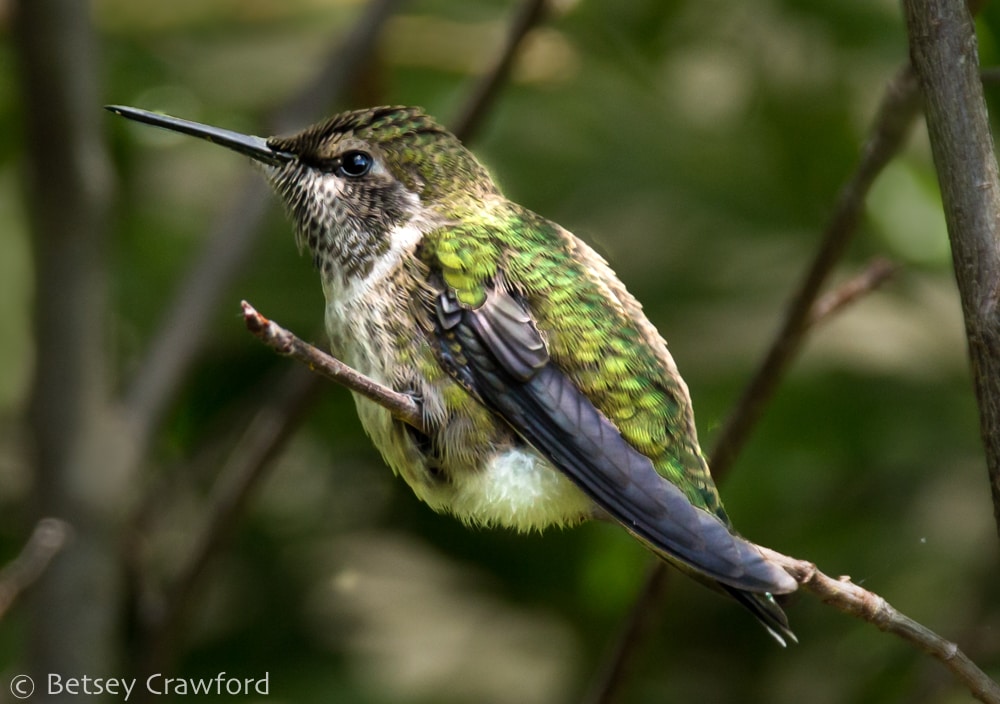
Bullied outside, forced to sit still inside, jangled by loud colors and the din of busyness. School is days of “ticking things off brain-lists.” He loves to learn, but “the things we’re learning are as captivating as a dripping tap.”
He enters fourteen “quieter, more inward-looking, reticent, scarred by the hurt of others.” But it’s also a year when he, with great effort and courage, turns outward.
The family makes a stressful move to a new area when the school year ends, choosing a house across the street from a forest. Dara finds a friend in his new neighborhood, then one in his new school. More come as he bravely starts an ecology club despite bitter experiences in years past.
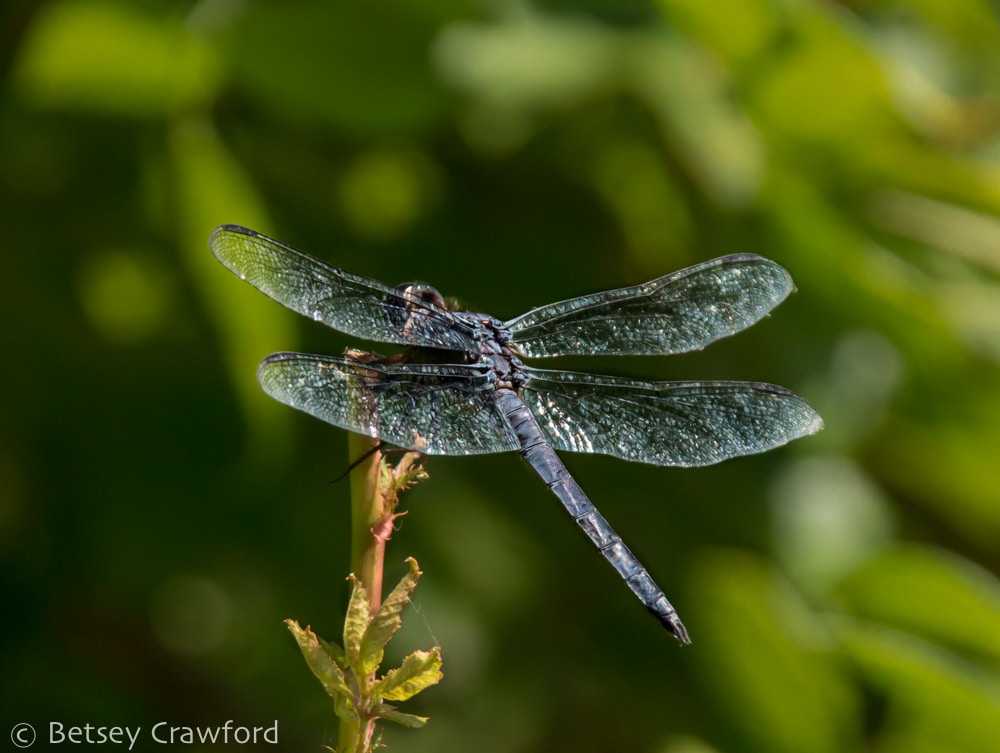
Readers all over the world discover the award-winning blog he started a year earlier. He interacts on social media and is exhilarated as he finds kindred spirits. Devastated as he runs into the buzz saw such spaces can be. Bullying, piling on childhood years of being bullied, driving him to thoughts of suicide.
Dealing with the cacophony, “I do what I always do. What I must do. I went back to the dunes of Murlough Bay…to be with the waves and the seals and the butterflies.”
Lying on the sand, the songs of skylarks and calls of gulls and linnets echoing, he can promise not to lose himself again. He notices the shadows under his mother’s eyes and vows not to let the bullies weigh on him. To find the beauty in everything for her sake.
“Can I breathe and live and also fight? The natural world — which includes us — is facing such enormous challenges that it’s easy to become overwhelmed and depressed. But we must fix them, and if I’m no longer here, alive, I can’t be part of the solution.”
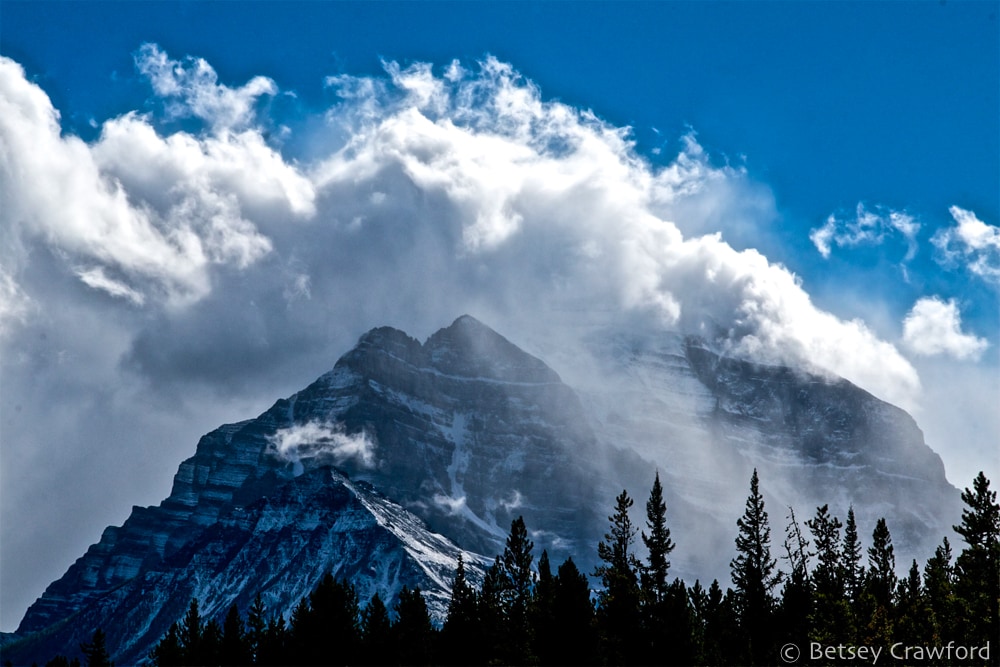
As Dara shares his passionate love and concern for the natural world, the world of naturalists and activists turns to him. They ask him to join a bio blitz, a bird tagging expedition, a raptor monitoring group. He joins protests. He organizes wildlife displays for local organizations and speaks at gatherings.
These last are agonizing. He finds it hard to speak to anyone outside his family, let alone a crowd. At an early one, he forgets to take off his fleece jacket and ends his talk with perspiration running down his neck.
The crowds get larger, and he needs an hour of sitting in silence to recover from speaking. But, he says, “I feel the need to be brave.” Despite his body becoming “rigid with effort”, he speaks to a large crowd after receiving an award for his activism. All goes well.

He wants to help the earth he loves so much and musters the courage to persevere. By the fall of the year, he is speaking to 20,000 naturalists and activists gathered for A People’s Walk for Wildlife in London.
But he also is leery of the role he and other youthful activists are asked to play. “The kids are invited to ‘have a voice’…and then very little happens.” They are never invited to the tables where policy is made. “We hand over our hearts, beating on a platter, for nothing…tangible.”
The power differential among the forces of economics, development, and conservation is staggering. “It’s easy to become overwhelmed, depressed, and disconnected.” And yet, struggling with despair, with a heart beating “as fast as a dragonfly wing,” he persists. Standing against “those who steal my hope, and steal hope from future generations who will inherit a planet so extracted, diminished, less bountiful.”
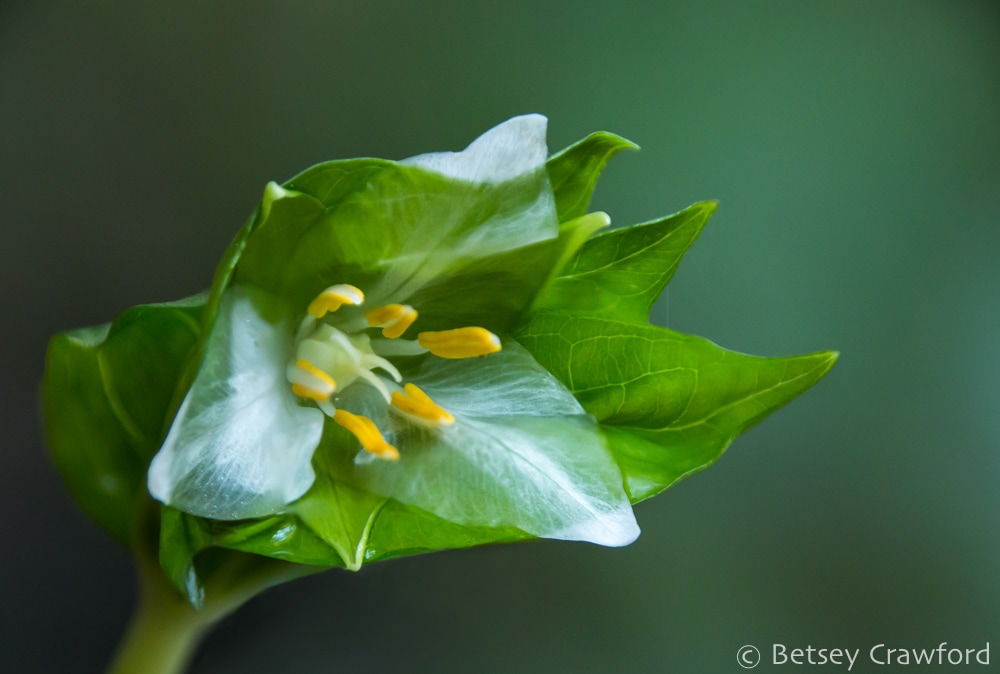
As an exploration of the mind, heart, and soul of an enchanted boy as he leaves childhood, the book is intensely rich and riveting. What lights the book to incandescence is his boundless love for and celebration of the natural world and the exquisite prose with which he describes it.
The book is full of heart-stopping descriptions, some in the captions of the included photos. Of a gathering of moths one evening, Dara writes that their “feather-like scales, brown flecked with silver, are shimmering with starry dust. The night crackles as the storm of flitting moves off, and even though the moths didn’t make a sound, the night seems to have less noise without them.” I would be hard-pressed to think of a more beautiful, evocative description, leaving a hush in its own wake.
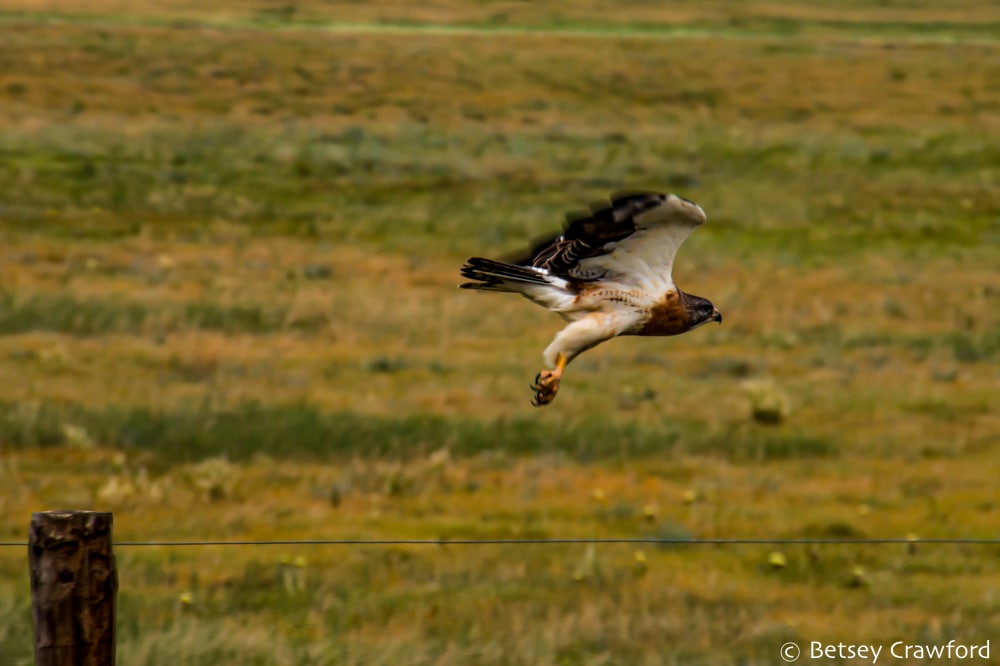
Because of his eloquence, the challenges he describes are heart-wrenching. Being autistic in a loud, busy, cruel world. Soul-deflating schools. Grief at the way the natural world is treated. The existential questions arising as childhood turns to young adulthood. And yet the book hums with joy, sometimes quiet, sometimes bounding. And it grows: “With every passing day, a little more joy sneaks in.”
He wonders if there is “a peak, a maximum amount of joy that we’re allowed to feel?” I want to say — to him, to me, to all of us — no. Despite our fears, despite the ghastliness of war, and the devastation of the natural world. In spite of the demons of greed and ignorance. There’s no limit to the joy that can come from being rooted on this glorious planet. That joy is Earth herself rising in us, healing our lives and hers.
“I’m surrounded by five or six fly agaric mushrooms. Like them, I have burst open. I feel more resilient, more powerful. The years of cruel taunts, beating, exclusion, isolation, helplessness: all the potential for hurt has been eclipsed by meaning and purpose. My life is now all about that. I can’t just love the natural world. I have to raise my voice even louder to help it. It’s my duty, the duty of all of us, to support and protect nature. Our life support system, our interconnectedness, our interdependence.”
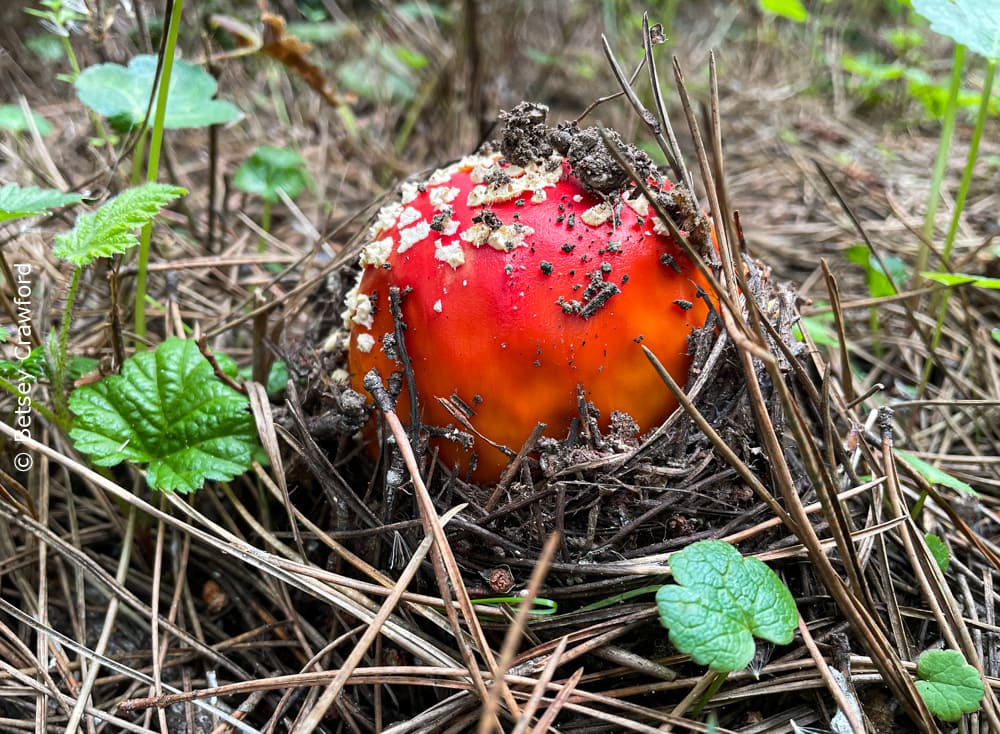
~ RELATED POSTS ~

THE GEOGRAPHY OF HOPE:
SAVING HALF THE EARTH
Biologist E.O. Wilson had a radical proposal: save half the earth to preserve biodiversity. Simple. And complicated. The challenges invite us to think about the other half.

THE WORK THAT RECONNECTS:
A WEEKEND WITH JOANNA MACY
Joanna Macy has been offering The Work that Reconnects since the 1970s. workshops centered on confronting our deep pain about what is happening with Earth. It always sounded profound, like something I should do. It also sounded painful so I kept putting it off. But the right time came.
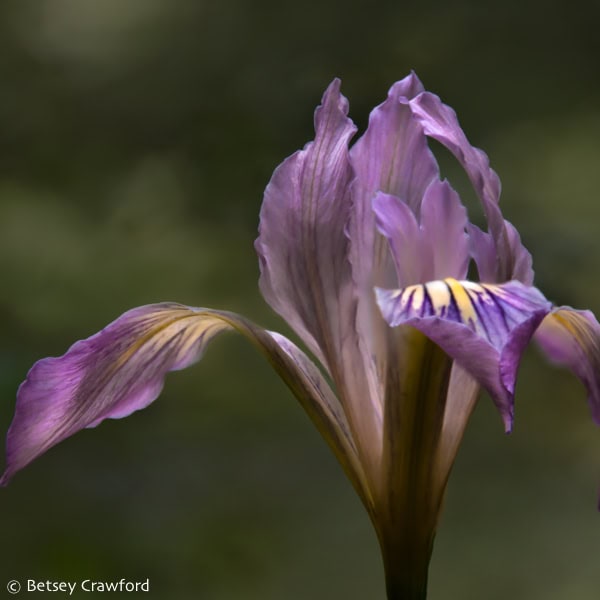
A WILD IRIS AT THE COUNCIL OF ALL BEINGS
“I am a star that has grown out of Earth, created from the gifts of my celestial sisters and the rich ground at my roots.” In the beautiful ritual called The Council of All Beings, we invite another being to speak through us. For me, it was an iris.
Betsey;
What an astonishing journey I have taken with your newsletter this morning. I was so intrigued by The Enchanted Boy and his deep innate wisdom, intelligence and exquisite descriptions that I purchased his diary so I could spend more time with him. So much to learn!!
Thank you so much, Wendy. You’re in for a wonderful time!
Thank you, Betsey, for so exquisitely framing Dara’s life-story. I feel a deep soulful connection with this remarkable young man, grateful to my roots for his courage and his love of nature. You do him a great blessing with your words (I hope he gets a chance to read them sometime and to see your choice of photos.) I will be sharing this in several venues as soul-inspiration. Your heart sings with his, I’m sure!
Thank you, Andrea. Yes, indeed, my heart sings with his. And I don’t wonder you also feel a soul connection with him.
Dara is enchanted. Betsey’s writing and photographs are enchanting. I have tears flowing from my heart, opened by this post which is filled with reverence and love. Thank you.
Thank you for this lovely comment, Samantha. I was often teary reading the book.
It is Sunday morning and I have begun my day by reading your inspirational words. The observations and thoughts and photos that you share gift me with spiritual insights and inspiration unlike any I have ever experienced in a church setting. I would like to give a subscription to your newsletter as a gift to the participants of a class I am teaching, “Tai Chi & Chai Tea for Inner Peace.” In the last few sessions I have been focusing on our interdependence with nature, particularly in the sharing of our breath.
Thank you so much Betsey.
Oh, Deanne, thank you for this wonderful comment! I would love to be sharing with your group.
I loved going along on your walks and meeting Dara in all his unique openness and courage. Beautiful post, as always. 💚
Thank you so much, Annie.
Dear Betsey, this is such a powerful piece! The pictures and quotes make it soulful. Thanks for introducing me to Dara!
Gratefully,
Lin
Thank you so much, Lin, and you’re so welcome. I’m so happy to introduce him to everyone!
Loved this weeks writing. I have an autistic grandson.can you purchase his book? Thank you
Thank you, Sheila, so glad you liked it. Yes, the book is very available. The title is “Diary of a Young Naturalist”.